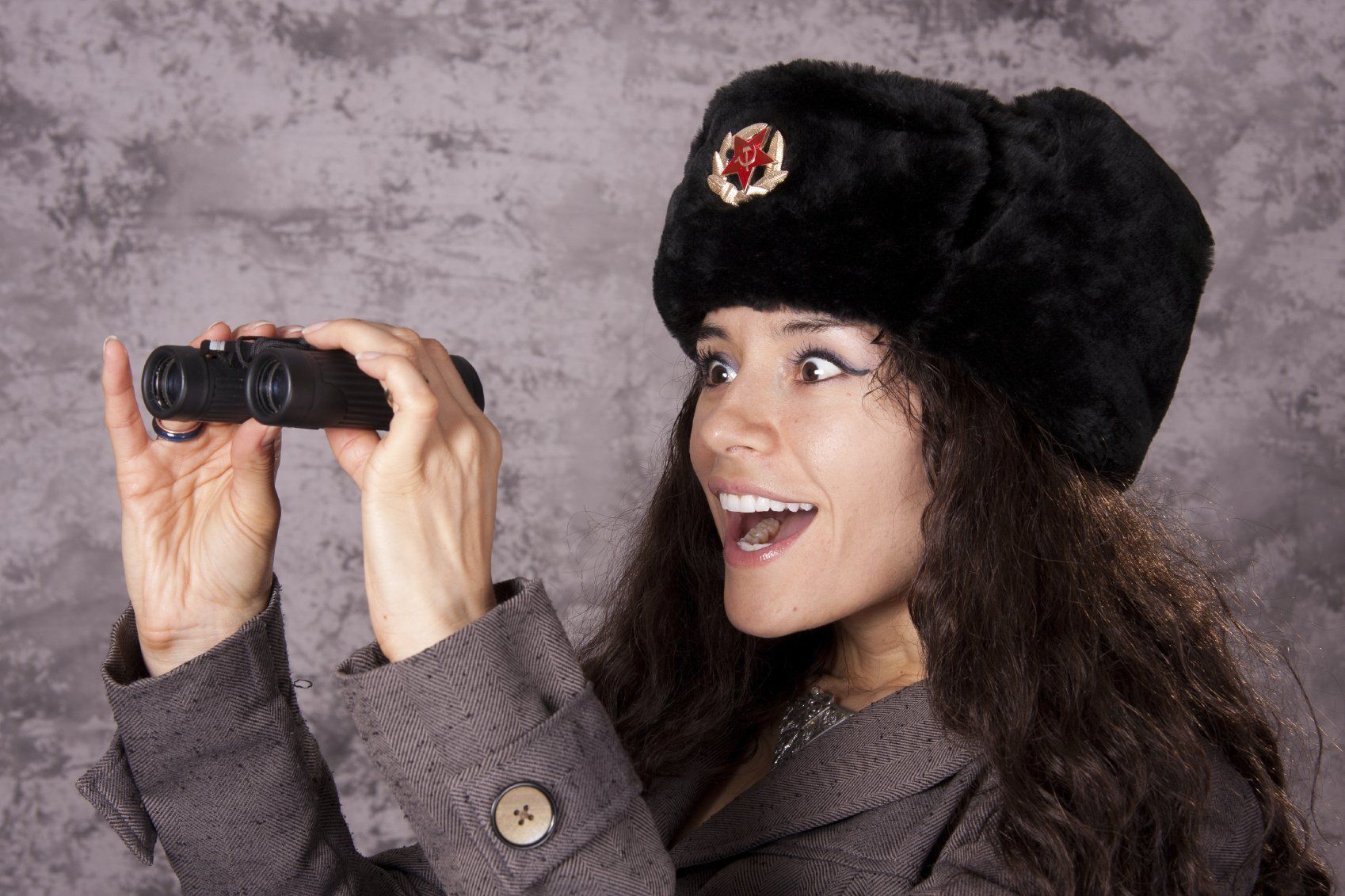Commit to Lifelong Learning
"perpetuam uitae doctrina!"
"Live as if you were to die tomorrow.
Learn as if you were to live forever." Mahatma Gandhi.

About the Russian Language
Enrich Your Life! We are here to point you in the right direction and cheer you on.
Put a foreign language into your portfolio of lifelong-learning activities

The Russian language is one of the most widely spoken tongues in the world. With approximately 277 million speakers across the globe, it's an official language in four countries, including Russia, Belarus, Kazakhstan, and Kyrgyzstan.
Beyond its native territories, Russian is also widely used as a second language by millions of people in countries such as Israel, Ukraine, and Latvia. Furthermore, due to its rich cultural heritage and significant geopolitical influence, Russian has also gained popularity as a lingua franca in many international settings.
This page explores the reasons behind the widespread popularity of the Russian language and the benefits of learning it.
Origins of the Russian Language
The Russian language, also known as Rossiyiskiy yazyk, is a Slavic language that originated in Russia. It belongs to the East Slavic branch of the Slavic languages and is closely related to Ukrainian and Belarusian.
The earliest written records of the Russian language date back to the 10th century, during the reign of Prince Vladimir of Kiev. Over the centuries, the language evolved, influenced by various factors such as the Mongol invasion, the Byzantine Empire, and the Renaissance in Europe.
One of the most significant developments in the history of the Russian language was the adoption of the Cyrillic script in the 9th century. This script was created by the brothers Cyril and Methodius, who were missionaries from Byzantium. It allowed for the translation of religious texts into the Slavic languages, including Old Church Slavonic, which became the liturgical language of the Eastern Slavs.
Today, the Russian language is the most widely spoken Slavic language, with over 258 million speakers worldwide. It is an official language in Russia, Belarus, Kazakhstan, and Kyrgyzstan. It is also recognized as a minority language in several countries, including Estonia, Latvia, and Ukraine.
Overall, the Russian language has a rich and complex history that has shaped its development and contributed to its widespread popularity today.

